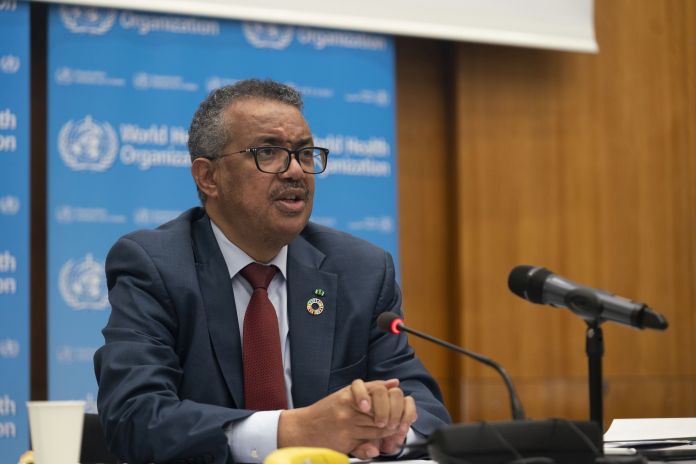GENEVA, Switzerland — The Emergency Committee on COVID-19, convened by the World Health Organisation (WHO) director-general under the International Health Regulations (2005) (IHR) held its fourth meeting on July 31. In its statement following the meeting, published today, it expressed “appreciation for WHO and partners’ COVID-19 pandemic response efforts, and highlighted the anticipated lengthy duration of this COVID-19 pandemic, noting the importance of sustained community, national, regional, and global response efforts.”
After a full discussion and review of the evidence, the Committee unanimously agreed that the outbreak still constitutes a public health emergency of international concern (PHEIC) and offered this advice to Dr Tedros Adhanom Ghebreyesus, WHO director-general.
Dr Tedros accepted the advice of the Committee and confirmed that the outbreak of COVID-19 continues to constitute a PHEIC. The director-general declared a PHEIC—WHO’s highest level of alarm under IHR—on January 30 at a time when there were fewer than 100 cases and no deaths outside China. He issued the Committee’s advice to States Parties as temporary recommendations under the IHR.
“The pandemic is a once-in-a-century health crisis, the effects of which will be felt for decades to come,” Dr Tedros told the Committee in his opening remarks on Friday. “Many countries that believed they were past the worst are now grappling with new outbreaks. Some that were less affected in the earliest weeks are now seeing escalating numbers of cases and deaths. And some that had large outbreaks have brought them under control.”
The Committee made a range of recommendations to both WHO and State Parties. It advised WHO to continue to mobilize global and regional multilateral organizations and partners for COVID-19 preparedness and response, to support Member States in maintaining health services, while accelerating the research and eventual access to diagnostics, therapeutics, and vaccines.
It advised countries to support these research efforts, including through funding, and to join in efforts to allow equitable allocation of diagnostics, therapeutics and vaccines by engaging in the Access to COVID-19 Tools (ACT) Accelerator among other initiatives.
The committee also advised countries to strengthen public health surveillance for case identification and contact tracing, including in low-resource, vulnerable, or high-risk settings and to maintain essential health services with sufficient funding, supplies, and human resources.
Countries were advised to implement proportionate measures and advice on travel, based on risk assessments, and to review these measures regularly.
The Committee’s statement, with further details of the meeting and their recommendations, is available here. A list of the Committee members is available here.





